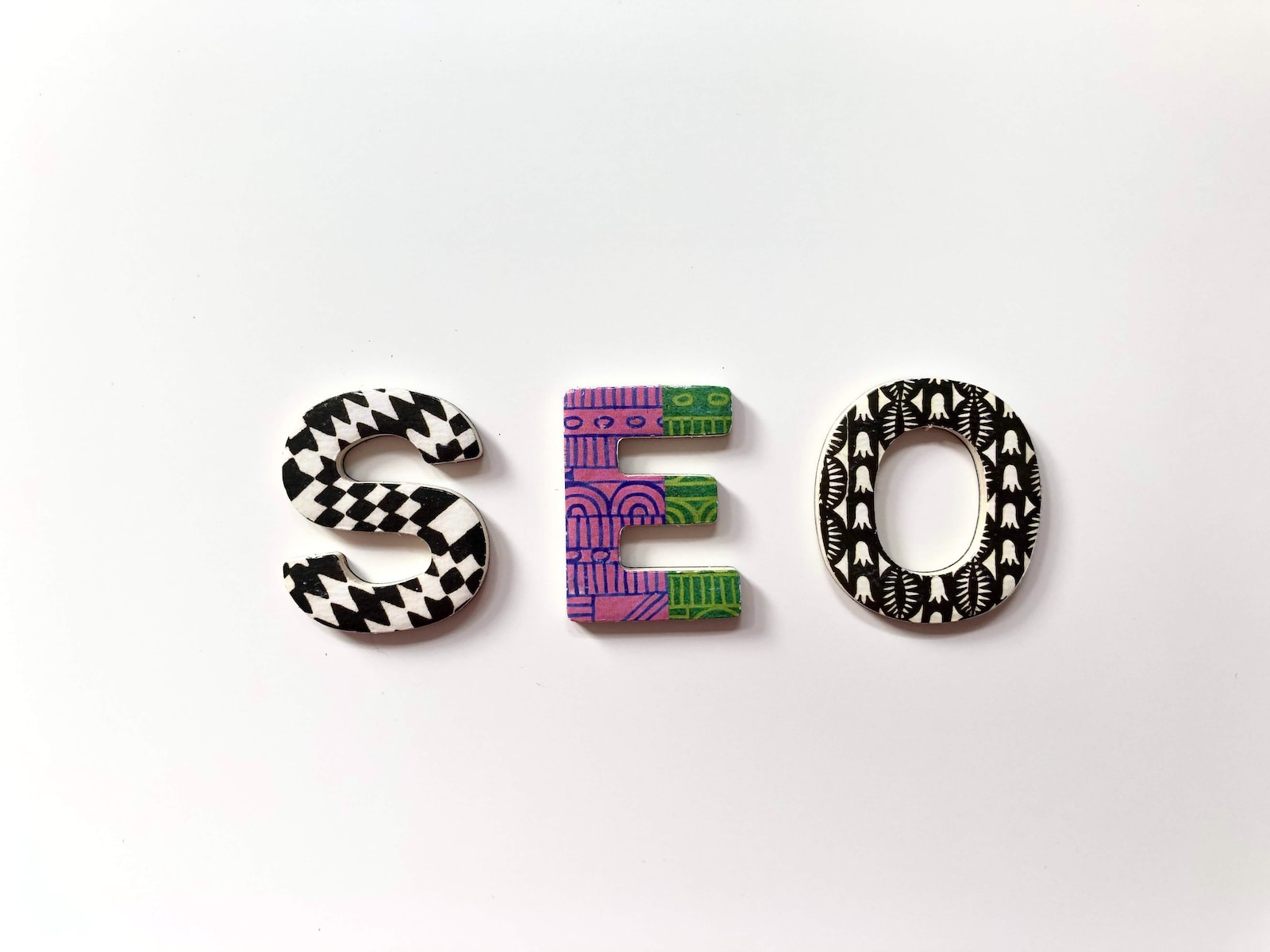[ad_1].
SEO for blogs, SEO for blogging, SEO tips for blogging, SEO tips for bloggers, blog articles with an SEO perspective, how to do SEO for blogs, how to write articles for blogs, how to optimise an SEO article for a blog, blogs with an SEO perspective, how to do SEO on a blog
Find out how to optimise your site for search engines with our comprehensive guide SEO for blogs. Position yourself at the top and increase the visibility of your content online.
If you own a blog, you know how important it is to have a solid online presence and to reach an audience interested in your content. But how can you make your blog stand out in the vastness of the Internet? The answer is SEO (Search Engine Optimisation).
In this article, we will explore the fundamental strategies of SEO for blogging and provide you with practical tips for optimising your content. You will learn how to do keyword research, create effective titles and meta descriptions, optimise your site for a better user experience, and much more.
What is SEO for blogs
SEO for blogs is a set of strategies and practices that allow you to optimise your website for search engines, improving visibility and ranking in search results pages. This means that if you want to be found by users searching for topics related to your blog, you need to learn the basics of SEO.
It is not only about optimising your site, but also about offering a quality experience to your readers. When your blog ranks well in searches, you will attract a wider audience and potentially more interested.
But let's look at the main rules to consider regarding how to optimise an SEO article for the blog.
- Keyword search
Keyword research is the starting point of a good SEO strategy. You need to identify the terms that users type into search engines when they search for information on your topic. There are many tools (such as Google Keyword Planner, SEOZoom or SEMrush) that will help you find the most appropriate keywords for your business and your target audience. Once identified, you can use them in the titles, content and descriptions of your blog.
Search for keywords with a high search volume and low competition to maximise your chances of ranking well
- Title and meta description optimisation
Titles and meta descriptions are the first things users see in search results. Make sure they are catchy, relevant and contain your target keywords. Use H2 for main titles and H3 for subtitles to structure your content and make it easier to read.
The title should be short but descriptive and the meta description should include a brief description of the content of the page and direct the user to the site.
- Creation of high quality content
Preparing high-quality content is essential for the success of your blog. This means that you must write interesting, engaging and above all useful articles for your readers. It is important to maintain a clear and easy-to-follow tone of voice that arouses curiosity and interest. In addition, you must insert keywords naturally and without saturating the text. A good practice is to put them in the h2 header and not to exceed 300 characters.
Therefore, be comprehensive and answer questions from users in your niche sector. Use bulleted lists like this to organise and present information clearly and concisely.
- Image optimisation
Images can enhance the visual appearance of your blog, but must be optimised for SEO. Use descriptive file names and add alternative text (alt text) rich in relevant keywords. Compress images to reduce file size (1920×1080 px) and improve page load time.
- Link building
Quality links from other web pages can improve your blog's position on search engines. You should try to obtain links from authoritative websites relevant to your topic. You can create a section with useful links and also promote the sharing of your content via social media.
- Loading speed
The loading speed of your site is an essential factor that you should be aware of. Search engines such as Google tend to penalise sites that take too long to load, in addition to the fact that the user, as soon as he notices that your pages are slow to open, will immediately abandon them and then inevitably click on one of your competitors.
There are several free tools to help you check the loading speed of your site and provide you with suggestions for improvement.
FAQs
Finally, we suggest that you include a FAQ section at the end of your blog. In this section, you can provide your readers with answers to frequently asked questions on your topic. This will help you increase the authority of your blog and improve your position on search engines. Here is an example of this:
- What is Search Engine Optimisation (SEO)? It is the process of improving the visibility and position of a website or blog in search engine result pages. The aim is to increase organic traffic and attract interested visitors.
- What are the key elements of SEO for blogging? Key elements of SEO for blogs include keyword research, optimisation of titles and meta descriptions, creation of high-quality content, image optimisation, internal and external link structure, and site usability.
- How can I find the right keywords for my blog? You can use tools such as Google Keyword Planner, SEMrush or SEOZoom to find relevant keywords for your blog. Look for those with a high search volume and low competition to get better results.
- What is the importance of optimised titles and meta descriptions? Optimised titles and meta descriptions are important because they appear in search results and influence the users' decision on which site to visit. Make sure they are relevant, engaging and contain relevant keywords.
- How can I create high quality content? You must provide useful, original and well-written information. Write for your readers, maintain a logical structure, use relevant images and include links to reliable resources.
- How can I optimise images? To optimise images, use descriptive file names and alternative text (alt text) rich in relevant keywords. Reduce the size of images to improve page load time.
- What is the importance of internal and external links? Internal and external links are important because they improve the structure of your blog and provide additional information to search engines. Internal links guide visitors to other relevant pages within your blog, while external links to reliable sites increase your credibility.
- What does site usability mean and how does it affect SEO? Site usability refers to the user's experience when browsing your blog. A well-structured, easy-to-navigate platform with fast loading times will improve user satisfaction and have a positive impact on SERP ranking.
- How long does it take to see SEO results? SEO is a long-term process and results may vary depending on several factors such as competition, blog size, content quality and the effectiveness of your SEO strategies. In general, it may take several weeks or months to start seeing significant improvements in your blog's search engine rankings.
- What are some common mistakes to avoid? Some common mistakes to avoid include overuse of keywords (keyword stuffing), creating duplicate content, ignoring mobile optimisation, lack of relevant internal and external links, and ignoring the user experience.
- SEO is the only factor determining the success of a blog? No, it is only one of the elements that influence the success of a blog. It is also important to create high-quality content, promote your blog through social media and build a community of loyal readers. The combination of effective SEO and marketing strategies can lead to better results.
- What should I do if I have no technical skills for SEO? If you have no technical skills for SEO, you may consider hiring an SEO expert or specialised consultancy. Alternatively, you can learn the basics of SEO through online resources, guides and tutorials available for free. Start with the basics and develop your knowledge over time.
How to write blog articles, final considerations
In summary, SEO is crucial to the success of your blog and improving visibility on search engines such as Google. This means that you need to do keyword research, write high-quality content, obtain quality links from other websites and improve the loading speed of your site. Including the FAQs section can also help to improve your position on search engines and provide your readers with answers to the questions they most frequently ask.
[ad_2]
That said, if you want to get more support on SEO for blogs and make the most of online opportunities, don't wait! Contact the G Tech Group today to open a ticket or send an email to support@gtechgroup.it. We will be happy to help you optimise your content and increase your online visibility. Don't miss the opportunity to grow, contact us now!







